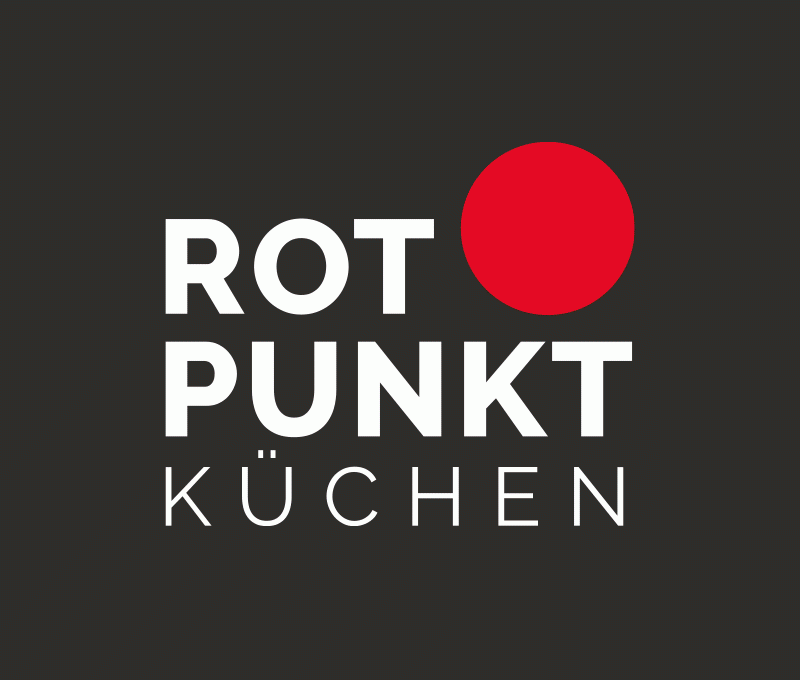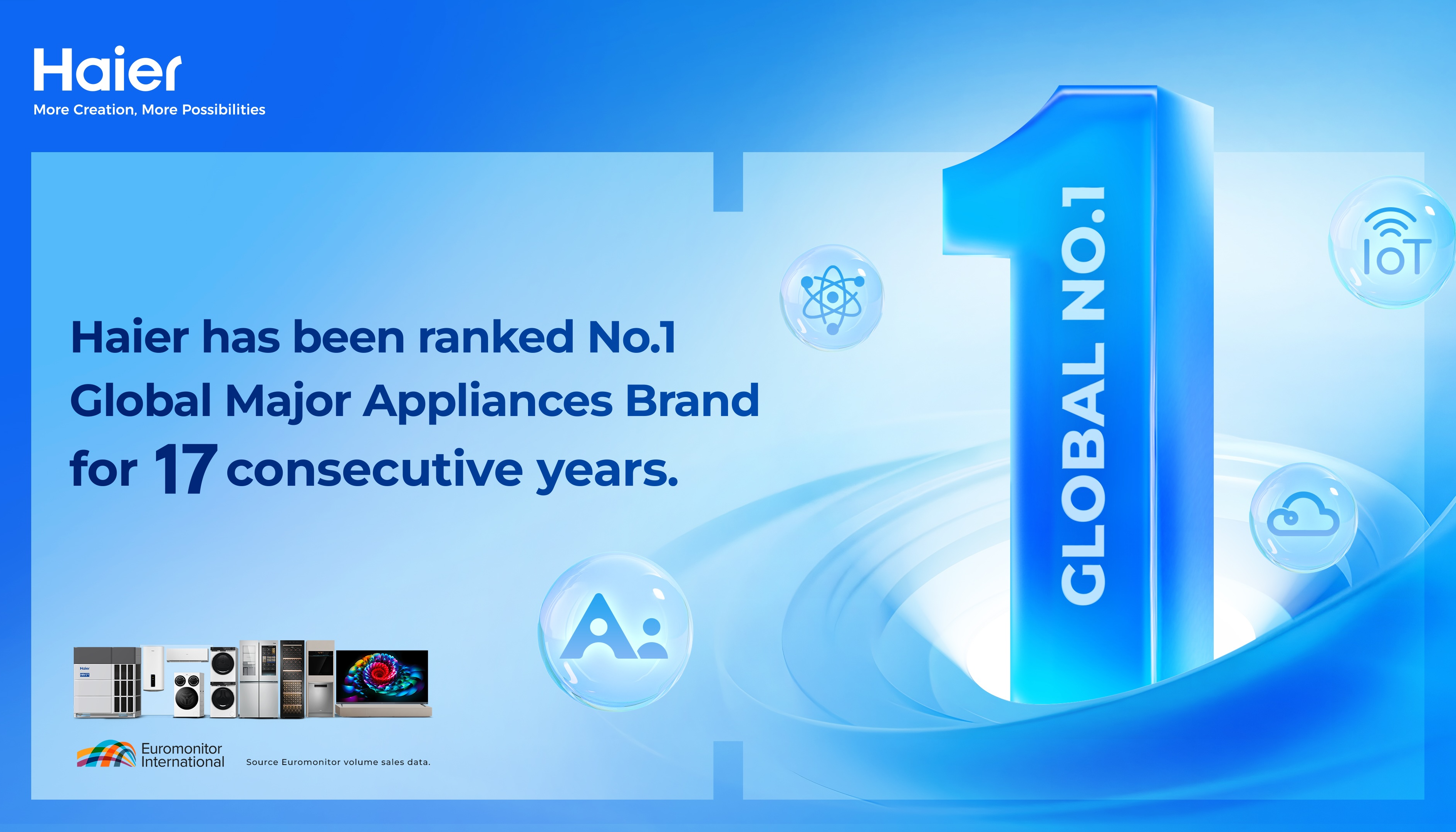Digital marketing – Can AI write your socials better than you?
Mon 5th Jun 2023 by Katrina Bell
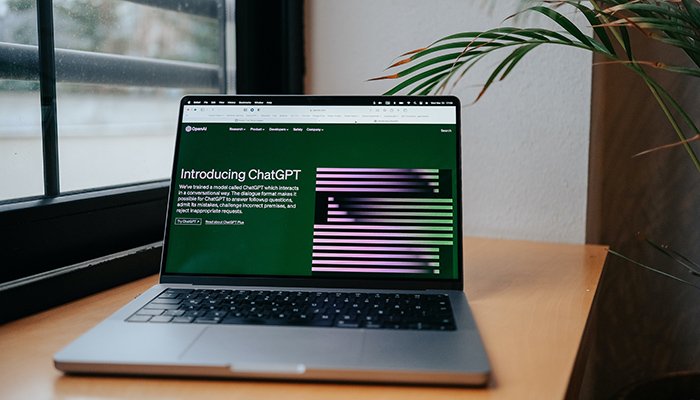
Digital marketing – Can AI write your socials better than you?
ChatGPT and its stablemates Bard and Howly have been generating plenty of headlines around using artificial intelligence to automate your content creation, but can they really replicate the human touch? Katrina Bell investigates.
The range of controversial AI chatbots and their 'generative pre-trained transformer' (GPT) architectures – to use techy parlance – claim to be able to save you time and resources by using the Internet as a knowledge bank to mimic the creativity of a sentient being. Since its launch in November 2022, millions have tinkered with ChatGPT’s algorithm to discover the ways it can, or can’t, automate writing captions, introductions and a whole raft of typical marketing communications.
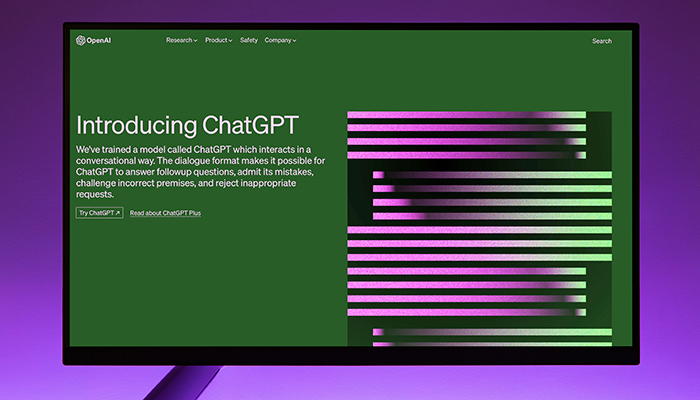
Pundits predict that products like ChatGPT could one day replace traditional search engines, and it remains to be seen which one will be the preferred platform when usage becomes more widespread.
There are two main types of AI chatbots: rule-based and conversational. Rule-based chatbots are programmed with a set of rules that determine how they will respond to user input. Conversational chatbots, on the other hand, use artificial intelligence to understand the context of a conversation and generate responses that are relevant and engaging.
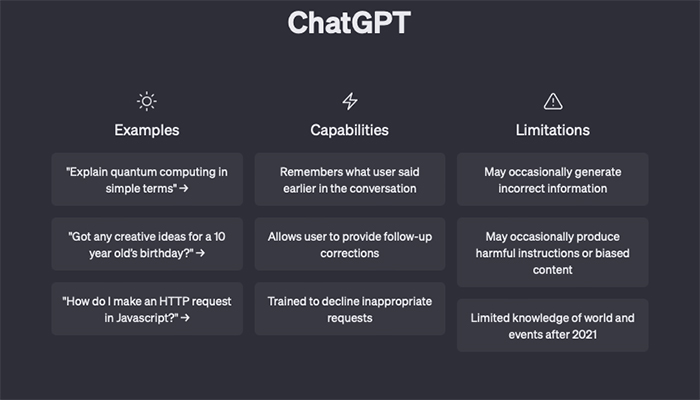
AI chatbots work by using natural language processing (NLP) to understand the meaning of human language. Undaunted by the current clunky state of responses, Microsoft has spent billions to embed a version of ChatGPT to its Office apps, including Word, Excel, PowerPoint and Outlook. Users of Microsoft’s search engine app Bing will also start to see new AI features such as an image creator, which can create unique images from a series of word cues.
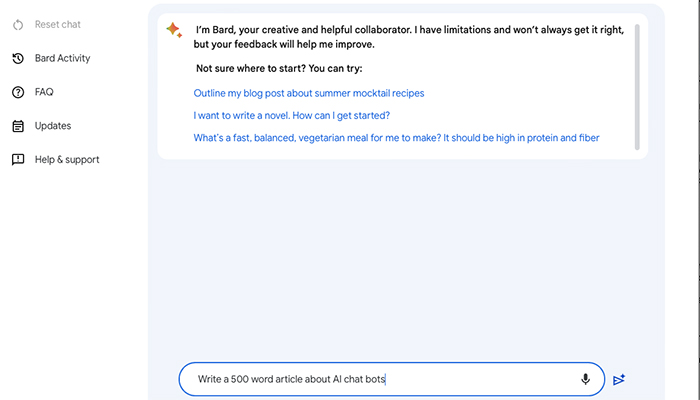
Touted as improving efficiency in copywriting, the AI products currently available are not so much a co-pilot – as Microsoft will have you believe – as a helpful sidekick. The AIs can’t, for instance, predict what you might need in the future without you asking for it, or problem-solve with any more accuracy than a standard Google search.
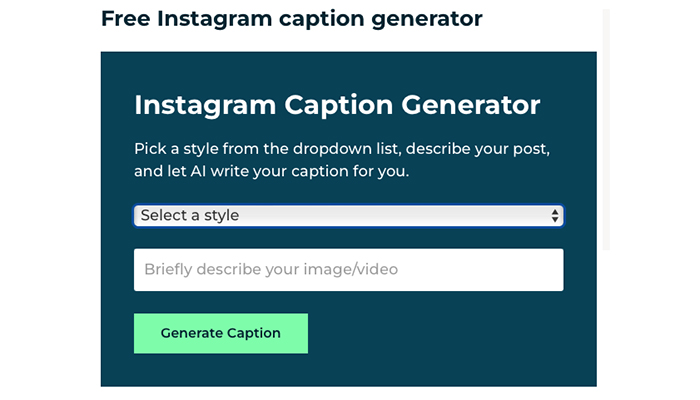
The biggest problem they face today is that the results are as generic as a search result, so if you were trying to create product descriptions, for instance, the AI would not have the detailed information you have at your fingertips. By the time you have inputted the spec, you have essentially already written the copy. The same goes for social content, which by nature only has impact if it is not generic.
But it’s an intensely fast-moving arena – so watch this space.
Tags: insight, features, chatgpt, ai, digital marketing, kitchens, bathrooms










